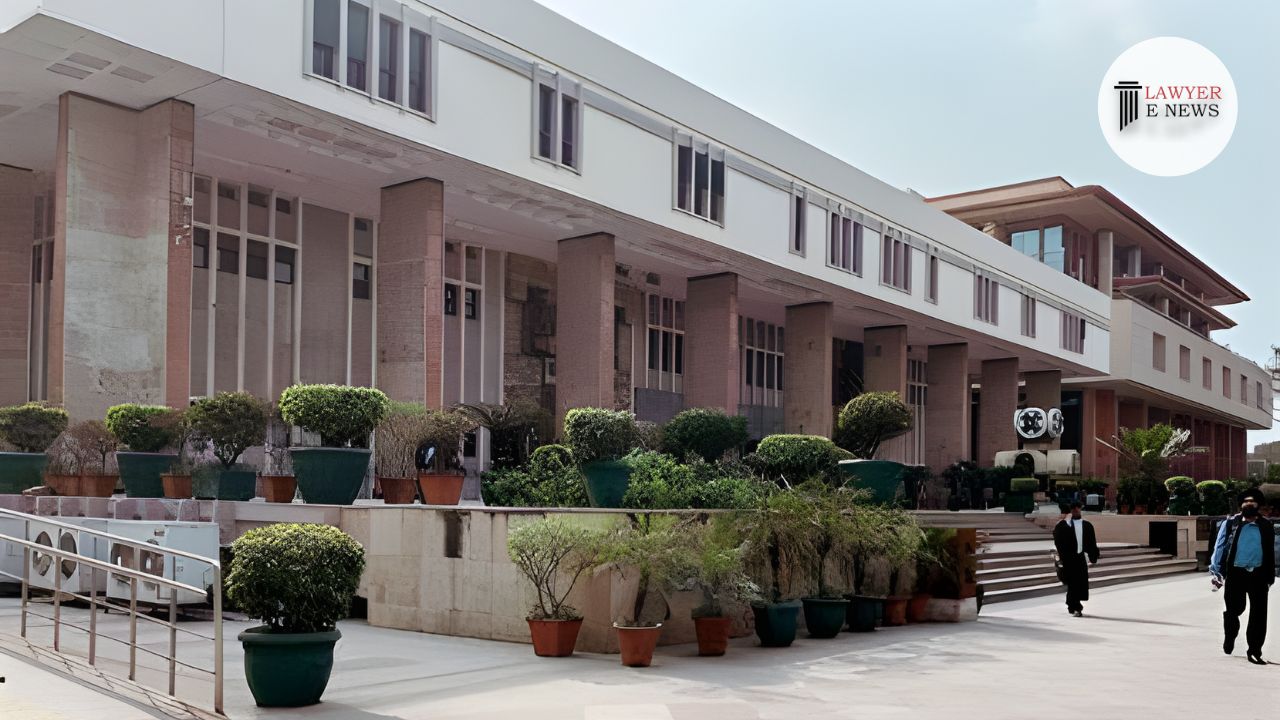-
by sayum
14 February 2026 2:22 PM



In a landmark judgment, the Delhi High Court has clarified the taxability of interest on compensation or enhanced compensation under the Land Acquisition Act, 1894, bringing it under the ambit of the Income Tax Act, 1961. The ruling pronounced by the bench comprising Justice Yashwant Varma and Justice Purushaindra Kumar Kaurav on April 8, 2024, overturned the Income Tax Appellate Tribunal’s (ITAT) earlier decision.
The issue centered on the appeal by the Principal Commissioner of Income Tax against the respondent Inderjit Singh Sodhi (HUF). The primary legal query involved determining if the interest received under Sections 28 and 34 of the Land Acquisition Act, 1894, following the amendments to the Income Tax Act in 2010, was taxable.
The respondent had claimed an exemption on interest received (Rs.8,02,13,161/-) as part of the compensation for land acquisition. The Assessing Officer (AO), applying Section 56(2)(viii) of the Income Tax Act, treated this interest as taxable, allowing a 50% statutory deduction. The ITAT had earlier deleted this addition, relying on pre-2010 judgments, which was contested by the Revenue.
Taxability of Interest: The High Court observed, “interest, whether on compensation or on enhanced compensation, shall be considered as income from other sources and shall be exigible to income tax” (Para 29). The Court noted the legislative amendment in 2010 significantly changed the taxability context.
Relevance of Supreme Court Decisions: The High Court found ITAT’s reliance on pre-2010 Supreme Court decisions, particularly Ghanshyam (HUF), to be incorrect. These judgments were rendered obsolete post the 2010 amendment.
Legislative Amendment Impact: Highlighting the insertion of Section 56(2)(viii) in 2010, the Court underlined that it brought the income via interest on compensation within the scope of ‘income from other sources’ (Paras 22, 29).
Examination of Section 28 and 34 of Land Acquisition Act: The Court elaborated on these sections, noting their purpose and interplay with the Income Tax Act post-amendment.
Decision: Reversing the ITAT’s decision, the Delhi High Court held that interest on compensation post-land acquisition is taxable under the Income Tax Act, post the 2010 amendment. The concurrent findings of the AO and CIT(A) were affirmed, thereby allowing the appeal of the Revenue.
Date of Decision: April 08, 2024.
Principal Commissioner of Income Tax 10 v. Inderjit Singh Sodhi (HUF)
